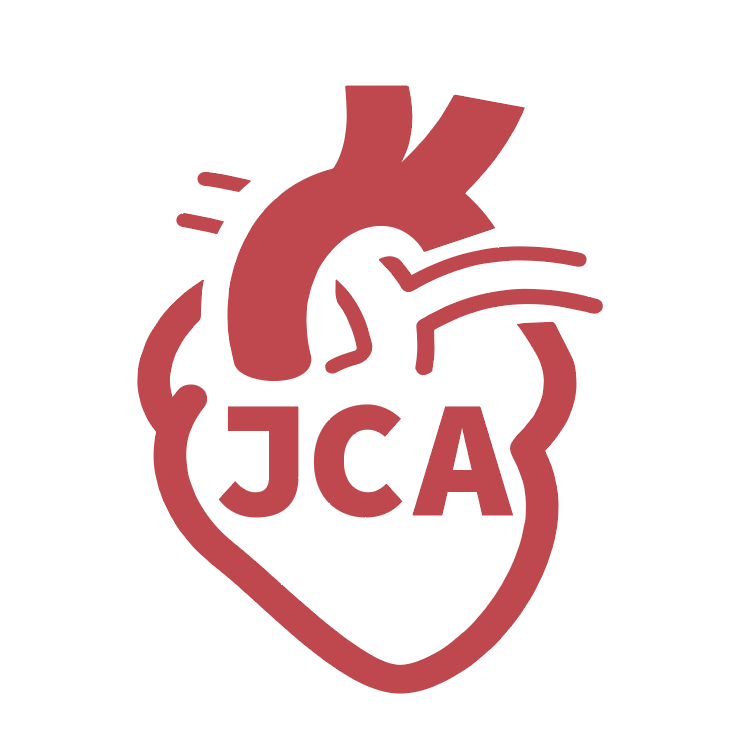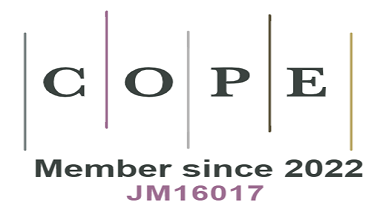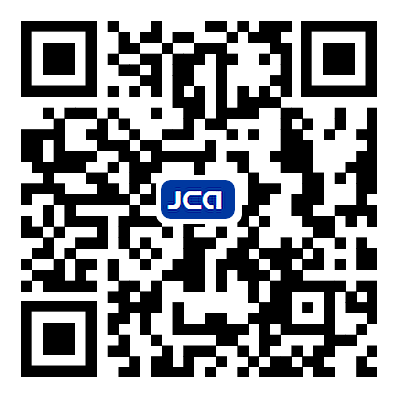Contents
Host(s)

Asa Gustaffson, Ph.D.

Lorrie Kirshenbaum, Ph.D.
Speaker

Junichi Sadoshima, M.D., Ph.D.
Dr. Junichi Sadoshima is an omnificent cardiovascular scientist, whose eminence in autophagy, redox system, mitochondrial biology, cardiac hypertrophy and failure, and signaling pathways is recognized worldwide. Dr. Sadoshima’s foray into cardiovascular sciences was paradigm-shifting as for the first time he delineated the mechanism by which cardiac myocytes translate the mechanical stretch to hypertrophy through an autocrine pathway (Cell 1993). The discovery, which has been cited over 1,200 times, instigated a relentless pursuit of the molecular basis of cardiac hypertrophy by Dr. Sadoshima and others that defined the roles of numerous key molecular pathways involved in the pathogenesis of cardiac hypertrophy and failure.
Dr. Sadoshima is best recognized for his innovative and impactful research, which encompasses a broad range of biological processes leading to numerous pioneering discoveries. In addition to defining the role of mechanosensing and mechanotransduction in the heart, Dr. Sadoshima has been among the first in delineating the roles of the redox system, autophagy, sirtuins, and signaling pathways, particularly the Hippo pathway in myocardial ischemia, cardioprotection, myocyte proliferation, and cardiac hypertrophy. His pioneering work on the molecular basis of autophagy and mitophagy are the classics in the cardiovascular field and includes articles that each has been gathered over 1,000 citations.
Dr. Sadoshima has published about 400 articles in major biomedical journals, including Cell, Nature Medicine, Circulation, and JCI, which have been cited ~ 44,000 times and have garnered an H index of 98 (Clarivate data). His original research articles on the autocrine release of angiotensin II, the roles of AMPK and Beclin in autophagy, and the molecular basis of angiotensin II in cardiac hypertrophy have been cited over 1,000 times each. His research programs are supported uninterrupted for over 3 decades by awards from the NIH. He currently holds 4 active R01 awards from the NHLBI/NIH and is the North American coordinator of the Leducq Transatlantic Network.
Dr. Sadoshima received a medical degree (M.D. 1993) from Kyushu University, Fukuoka, Japan, and trained to become an interventional cardiologist. His scientific curiosity led him to pursue basic science training at Kyushu University, where he earned Ph.D. in 1989. He was recruited by Dr. Sergio Izumo to Beth Israel Hospital of the Harvard Medical School, where he pursued a post-doctoral fellowship (1990 -1994) and made several seminal discoveries, including the highly cited autocrine effects of angiotensin II and mechano-sensing pathways in cardiac myocytes. Upon completion of his training, he joined the University of Michigan as Assistant Professor and soon was recruited to the Rutgers New Jersey Medical School, initially as a faculty at the rank of Professor and subsequently, as the Chair of the Department of Cell Biology and Molecular Medicine, where he also serves as Executive Director of Cardiovascular Research Institute.
Dr. Sadoshima is recognized for his mentorship skills, as indicated by training of over 2 dozen trainees who have developed successful independent academic careers, made remarkable achievements, and received numerous awards, including the prestigious Katz Award and the Melvin L Marcus Young Investigator Award, both from the American Heart Association.
Dr. Sadoshima serves on the Editorial Board of several journals, including The Journal of Cardiovascular Aging (Associate Editor), Circulation Research, Antioxidants and Redox Signaling, American Journal of Physiology, Cardiovascular Research (Associate Editor), Journal of Molecular and Cellular Cardiology, Autophagy (Section Editor), Journal of Clinical Investigation, and several others.
In appreciation of his scientific contributions and leadership role in the cardiovascular sciences, Dr. Sadoshima has received numerous awards, including the Katz Basic Science Research Prize (AHA, 1995), the Cardiovascular Research Prize (AHA, 2001), the Janice Pfeffer Distinguished Lecture Award (ISHR, 2010); Thomas Smith Memorial Lecture Award (AHA, 2014); BCVS Distinguished Investigator Award (AHA, 2017); the Merit Award (AHA, 2020). He is a member of the American Society for Clinical Investigation (ASCI), and a Fellow of the American Heart Association and International Society of Heart Research (ISHR).
The lectureship is named after Nobel Laureate Yoshinori Ohsumi, Ph.D. “for his discoveries of mechanisms for autophagy”.
We are grateful to Dr. Sadoshima for his presentation at the JCA Webinar Series.
Presentation

Introduction

Topic:Autophagy and Aging










